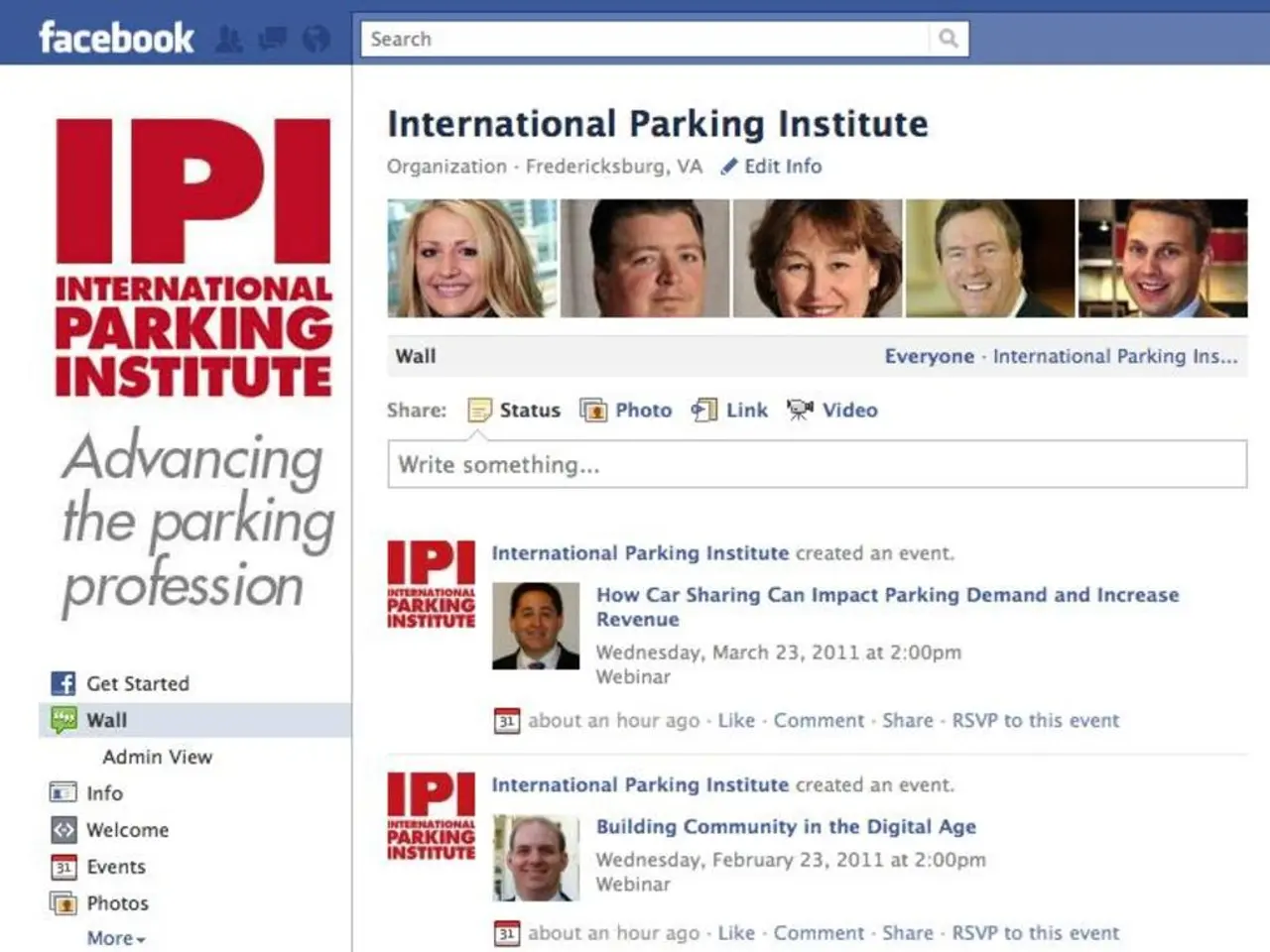French Version of Drag Race Introduces All Stars: Navigating the Balance Between Entertainment and Politics
In the world of television, few shows have made as significant an impact as RuPaul's Drag Race. Now in its 17th season, the original US version of the show has spawned international declinations in over 15 countries, making it possibly the most widespread and popular expression of drag culture.
Created by RuPaul Charles in 2009 with the aim of finding "America's next drag superstar," the show resembles classic reality television contests with challenges, eliminations, and drama. However, it's not just about the glitz and glamour. RuPaul's Drag Race has always been a political space, with contestants openly critiquing policies affecting the LGBTQ+ community and raising awareness on issues such as mental health, HIV, and conversion therapy.
For those directly involved, the Drag Race franchise remains a political space where participants are "woke," stay "woke," and are proud of it. This is evident in the words of former judge Kiddy Smile, who considers drag as an art form that embodies queer history, citing the central role of drag queens in the 1969 Stonewall riots and their ongoing fight for LGBTQ+ rights.
Yet, the commodification of the show has had a complex impact on its political roots and the broader drag community. Researchers Zeena Feldman and Jamie Hakim argue that RuPaul's Drag Race perpetuates a culture that positions drag as an economic vehicle rather than a means of mocking, querying, or dismantling dominant power structures. The success of the show has led to the commodification of an originally subversive art, placing pressures on performers to meet high fashion and extravagance standards, often at personal financial risk.
Contestants often go into debt to afford the looks demanded by the show, increasing expectations from audiences and judges alike. This competitive format and market-driven logic undermine the communal, subversive tradition of drag by emphasizing individual success and financial investment.
Despite these challenges, the series has maintained a strong political role. The show's US stars have criticized Donald Trump's "two genders" policy and the UK Supreme Court's April ruling on the definition of the term "woman." The first season of Drag Race France All Stars recently aired, followed by the current screening of Drag Race France Superstar.
However, the show has not been without controversy. Critics have accused it of promoting a specific vision of drag, especially due to its exclusion of drag kings and RuPaul's reluctance to include post-transition trans women in earlier seasons.
Despite these issues, RuPaul's Drag Race continues to be a significant platform for LGBTQ+ political expression and cultural visibility, balancing entertainment with activism in a commercial context. The show has launched the careers of several prominent artists, such as Trixie Mattel, Vanessa Vanije, Marina Summers, and Lawrence Chaney. Its influence extends beyond the screen, with iconic drag culture phrases becoming part of Gen Z vernacular due to the show.
While fans speculated that Kiddy Smile's absence from the All Stars edition was due to his past positions against cultural appropriation and in defense of racially oppressed people, his absence was not officially confirmed. Regardless, the spirit of activism and political consciousness remains alive within the Drag Race franchise, echoing the words of RuPaul himself: "We're all born naked, and the rest is drag."
[1] References: Feldman, Z., & Hakim, J. (2017). Queer TV: the novelty of the ordinary. Routledge.
- In addition to being widely recognized for its entertainment value, RuPaul's Drag Race also presents a platform for discussing general-news topics, such as politics and LGBTQ+ issues, making it a unique blend of glamour and activism.
- Conversations around politics, drag, and cultural representation extend beyond the screen, as seen in academic works like Feldman and Hakim's "Queer TV: the novelty of the ordinary" (2017), which addresses the impact of commercial success on the show's original intentions and the broader drag community.








